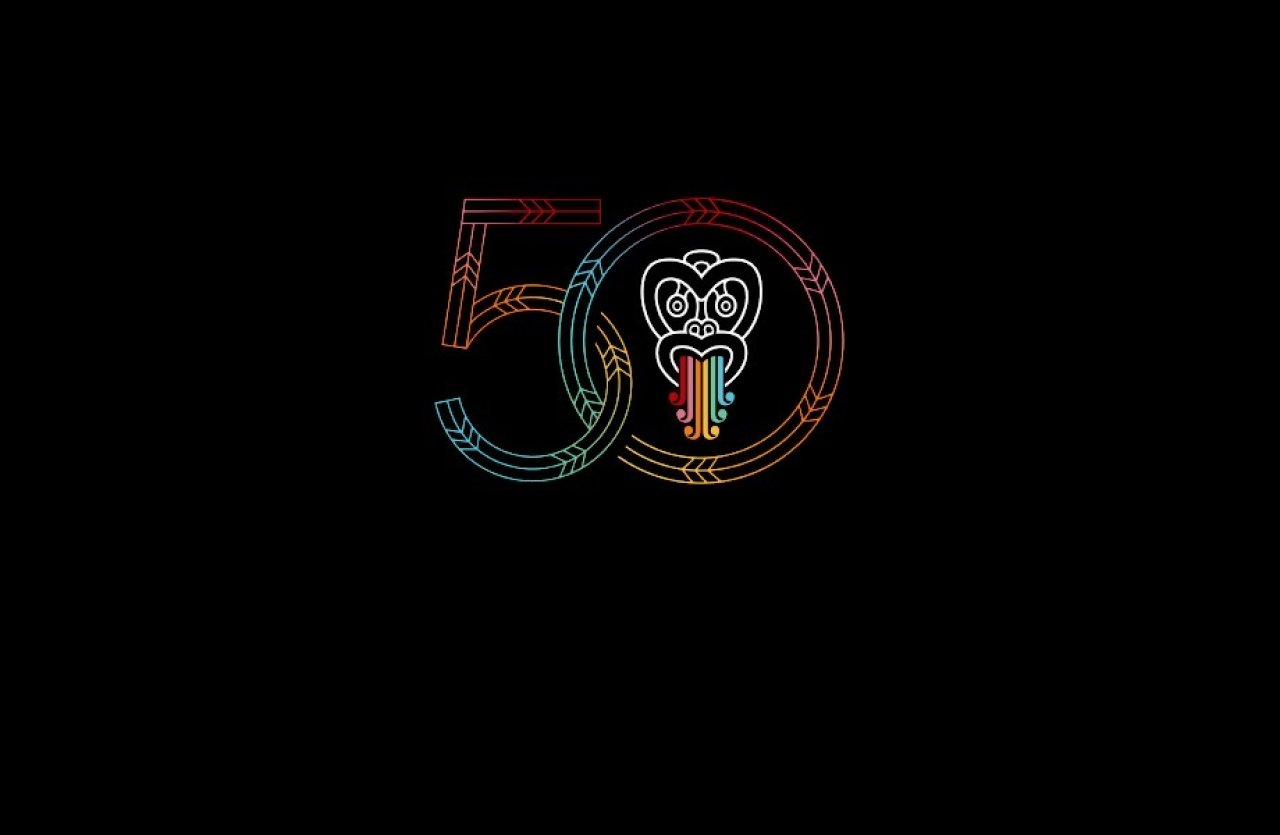Language is intrinsically linked to culture and identity. Incorporating tikanga values creates substantive obligations.
As Aotearoa New Zealand prepares to celebrate the 50th anniversary of Te Wiki o te Reo Māori (Māori Language Week) from 14–20 September 2025, it is timely to reflect on how te reo Māori and tikanga Māori have shaped the employment landscape and what this means for your workplace in practice.
Recent Employment Court decisions have clarified and reinforced a crucial principle: when an employer incorporates tikanga and te reo Māori values into its employment framework, it is legally bound to apply those values genuinely and substantively in practice.
In the landmark case GF v Comptroller of the New Zealand Customs Service, the employer had incorporated tikanga Māori into its employment framework, including references to mana in its Code of Conduct. Although these values were reflected in policies, the Court found that when it came to its treatment of an employee, Customs did not follow through. The language was there, but the actions did not match.
The Court held that by failing to act in a genuinely mana-enhancing way, Customs breached its own tikanga commitments and, in doing so, also failed to meet the test of a fair and reasonable employer under section 103A of the Employment Relations Act 2000.
The precedent is clear: incorporating tikanga values creates substantive obligations that must be honoured for all staff, requiring more than just symbolic gestures.
The law has developed even further in the recent case of Lanigan v Fonterra Brands (New Zealand) Limited, which concerned the use of biometric fingerprint scanners for timekeeping. Here, the Employment Court considered whether tikanga was relevant even though Fonterra had not explicitly incorporated a Te Ao Māori perspective into its policies in the same way as Customs in the GF case. The Court found that tikanga was indeed relevant. It acknowledged tikanga as the first law of Aotearoa, which can and will be recognised in the development of the common law, in this instance, the law around privacy and biometric data. The Court recognised that biometric information holds unique cultural significance from a Te Ao Māori perspective, involving concepts of whakapapa, mana, and mauri. Crucially, the Court held that the absence of Māori parties was not a "controlling factor," and that ignoring tikanga in such a case could lead to uneven developments in the law that might disadvantage Māori employees in the future.
As Te Wiki o Te Reo Māori reminds us, language is intrinsically linked to culture and identity. The clear trajectory these cases have followed suggests that, for employers, demonstrating a commitment to te reo and tikanga Māori means moving beyond posters and greetings. It requires embedding these values into the fabric of the employment relationship through genuine, mana-enhancing actions that align with the principles of good faith and reasonableness underpinning New Zealand's employment law.



